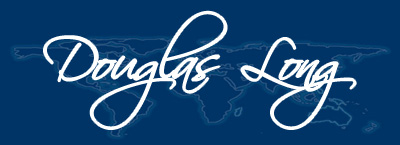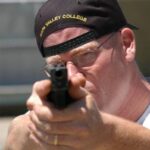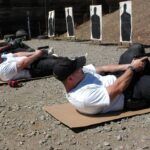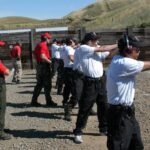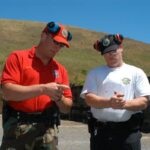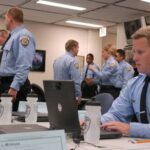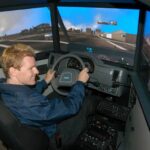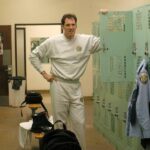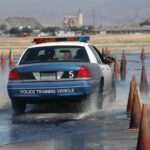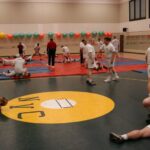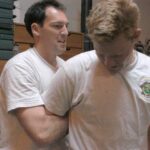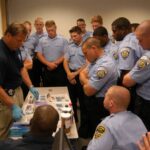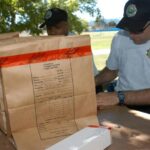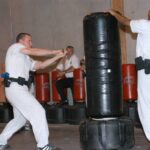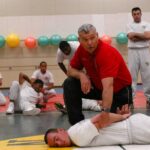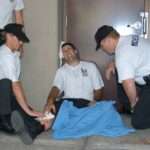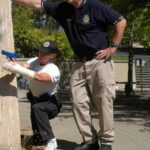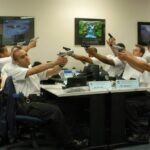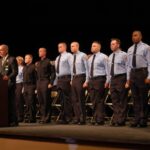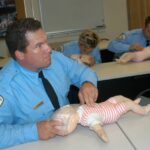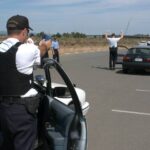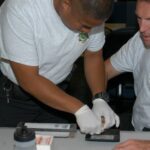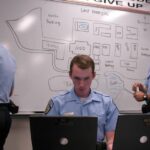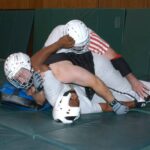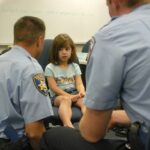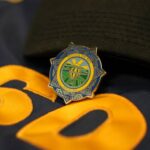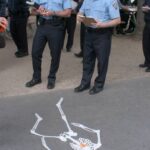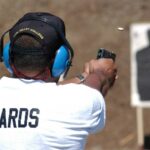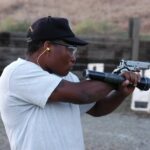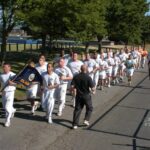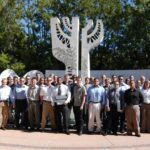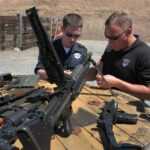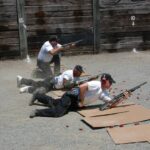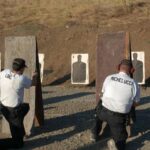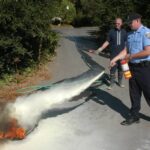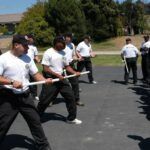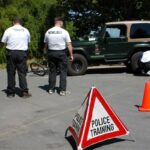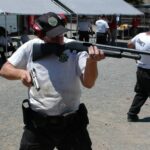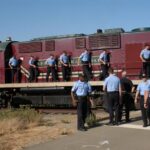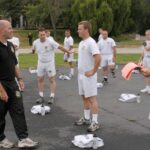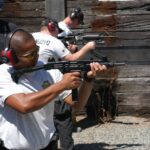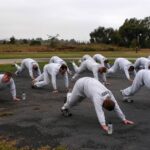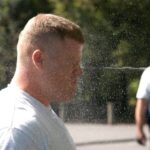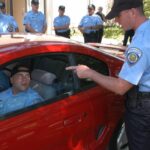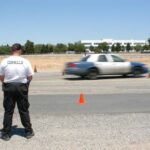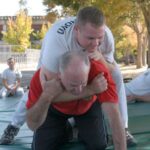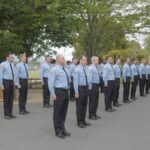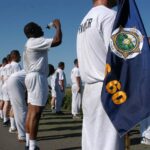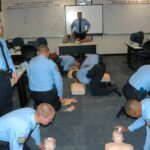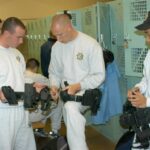Police Academy
When I was laid off from SFSU, and the ocean shipping industry had mostly left US shores, I was looking for a career change that would give me a sense of making a difference in the community. Law enforcement was my initial choice because our local police are absolutely crucial in maintaining public safety. Napa Police Academy is one of California’s top schools, and it proved to be an extremely challenging program. Even my background of Army infantry and college did not always prepare me for all the different things they throw at you. The realization that a police officer has to be extremely good at a lot of different aptitudes gave me the ideas that eventually led me to write my third book in nursing.
Police academy is six months of forty hour weeks. Duty days generally start with physical training (PT), then a long day of classes. Scenarios were sometimes on evenings and weekends when we had free run of the Napa Community College Campus. For firearms training we went to a gun range in Antioch, driving was done on an old runway at Concord’s airport, and defensive train in Fairfield. We also made an overnight trip to Los Angeles to visit the Museum of Tolerance.
Enrolling in the academy was quite straightforward. Some students had already been hired by a police department and were being paid to attend. Most of us where there on our own dime. The entire program cost around $2,000, which was a small fraction of what it actually costs per student. Government funds make up the rest, in order to ensure an ample supply of well training police applicants. As long as you don’t have a police record that restricts your ability to hold a firearm, and can pass the very easy physical agility test, getting admitted did not seem difficult. Staying in the program, and passing every test they throw at you, was very hard.
You can see from the pictures that the academy of constantly challenging us in every way. Classes covered a wide range of subjects like the law, inter-personal communications, first aid, and so on. Physical training was meant to build up stamina, strength, agility, and enable you to do all those physical things a cop needs to do. Defensive training was the most draining. One goal was to keep executing the skills to exhaustion, until it becomes muscle memory. In the end of two exhausting weeks, they had us run two miles and perform these defensive skills while the trainings threw us around like rag dolls. There’s a lot more skills involved than just throwing a person to the ground. Professional police training is designed to minimize the chance of injury to all involved. More importantly, they train you on all the levels of control to prevent needs to go hands-on.
Investigations is a mini program is forensic sciences. You don’t realize how much technical and intellectual skills go into police work until you have to manage a crime scene. Scenarios were the fun part, where they presented us with role players and we would react to whatever was presented. This is where many cadets washed out. One slip up and the entire five months of work go down the drain. While you’re talking to a real person, say, a women role playing a rape victim, everything taught in the classes, from how you position your body for defense reasons to managing confidentiality is fair game in these scenarios.
So why am I not a cop? After all that, we were faced with the reality of getting a job on a police force. Only about 2% of applicants get hired. Even among us, a lot of issues come into play that prevented us from getting hired. In my case, economic hardship at that time, a history of human rights activism, or other things may have played a role. One recruiter told my classmate, when he was interviewing the day after my interview, “I had this guy yesterday that has travelled to 120 countries. I don’t know what to make of him”. There is no way to know what factors really came into play. Many of my classmates were never picked up by a department. Still, the program taught is a lot of skills that can be used in other careers.
